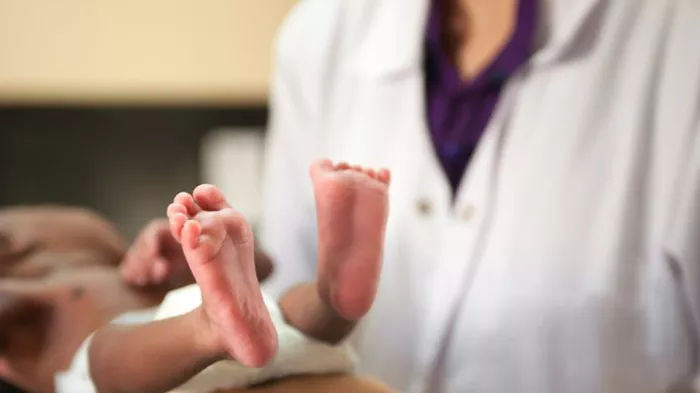Ermera’s Birth Registration Initiative: Progress and Challenges
Ermera, a picturesque province in the heart of Timor-Leste, is surrounded by lush coffee plantations and dense vegetation. To reach it, one must drive for one and a half hours from the capital, Dili, winding through a mountain pass that reaches an altitude of 1,000 meters. Along the way, improvised fruit kiosks appear sporadically, selling bananas and vibrant green pumpkins.
Upon arriving in Gleno, we visit the public notary office to examine the birth registration and certification process. Local officials warmly welcome us and provide updates on the latest interventions supported by UNICEF. A well-designed system is in place: pregnant women visiting any hospital receive a “mother-child booklet.” This guide contains essential information about infant care, including nutrition and parenting guidelines, and has a section for birth registration.
When a delivery occurs, whether in a hospital or elsewhere, the attending midwife fills out the birth registration form in duplicate. One copy remains with the family, while the other goes to the local health center. Remarkably, by the time the child arrives at the health care center for vaccinations six weeks after birth, the birth certificate is already printed and handed to the mother. According to data from the Gleno public notary, this streamlined process—supported by the Government of Japan—resulted in 13,343 birth certificates being issued to mothers in Ermera alone. From 2018 to 2022, the number of birth certificates issued in the region rose from 27,313 to 95,504, a 43 percent increase. This is a significant achievement given the many barriers to birth registration in Timor-Leste.
As a safety net, an additional template is provided to families in cases where the delivery occurs without midwife assistance or if birth registration is not completed. This alternative process involves notification through the village leader, followed by the issuance of the birth certificate.
Just a few hundred meters from the public notary office lies the local community healthcare center, bustling with mothers and children waiting for vaccinations. The air is especially charged today because a baby was born just minutes before our arrival. We take this opportunity to engage with some of the mothers, learning about their experiences.
One mother, whose baby girl is named Maria, explains that her child doesn’t yet have a birth certificate because they plan to wait for the baptism. Another woman shows us her booklet, revealing that the birth registration pages were not properly filled out. We offer guidance on the necessary steps to obtain her certificate. A sizable crowd gathers, attentively listening to our advice.
As we observe the immunization process, our emotions are mixed. We celebrate the progress achieved but also recognize that much work remains to ensure that every child is registered at birth and receives a certificate. Efforts are needed to encourage more mothers to deliver their babies at health facilities to ensure quality maternal and newborn care, along with routine vaccines and birth certificate issuance. UNICEF’s unwavering commitment to providing legal identity for all children necessitates ongoing efforts, including legislative reforms, community awareness campaigns, and the provision of mobile registration kits and other essential resources.
In Timor-Leste and beyond, we persistently strive until every child, including Maria, is accounted for.


